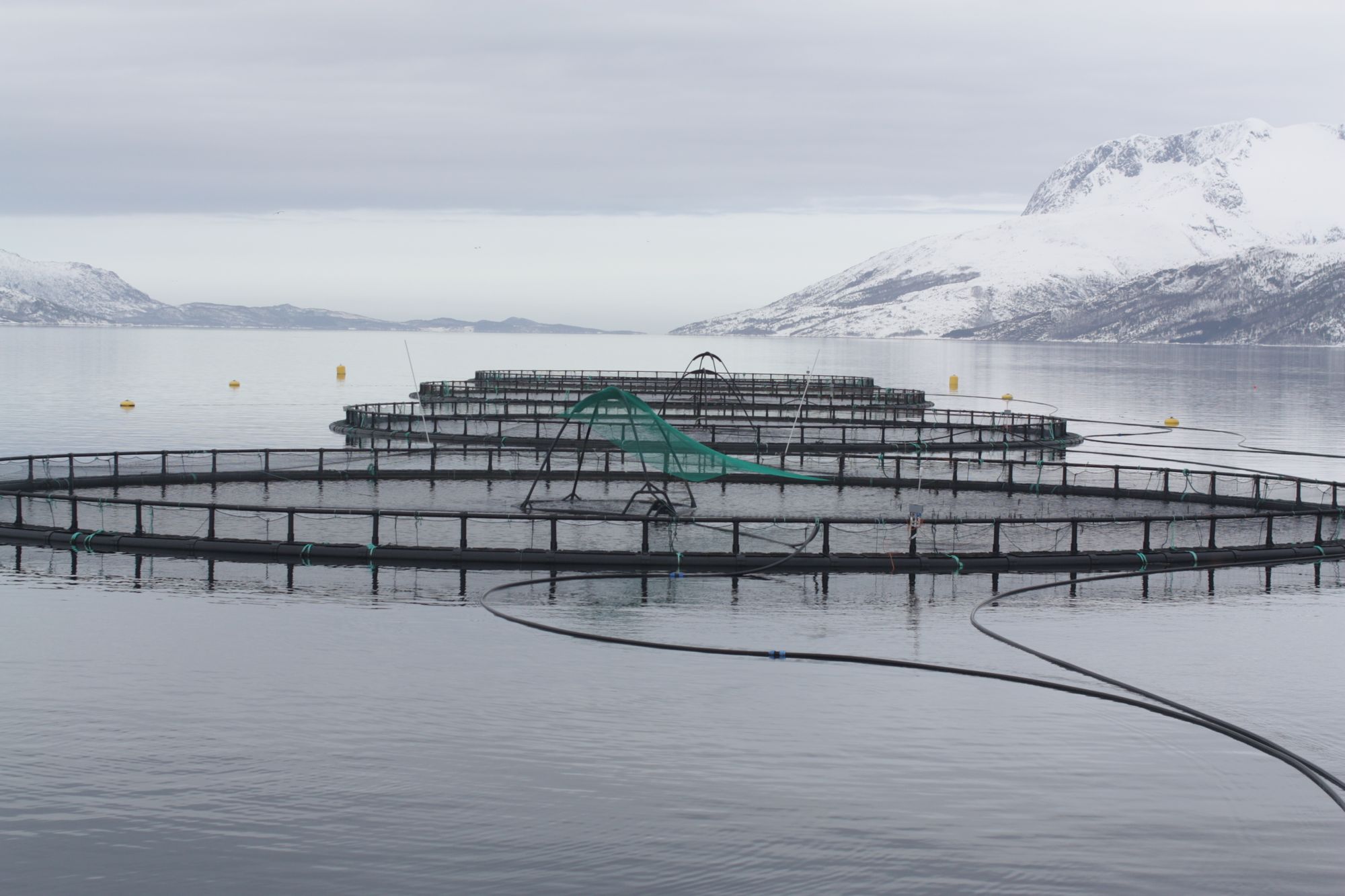While road-tripping across the Scottish Highlands this week, I noticed large circular metal structures on many of the lochs. They turned out to be salmon farms, a big part of the economy of rural Scotland.
I was under the impression that salmon farming was some sort of novel experiment and that most salmon was wild, but it appears that farmed salmon have been around for many decades and that most salmon eaten today are farmed.
The circular structures I had seen on the lochs were sea cages, huge enclosed nets that can support tens of thousands of salmon for about 2-3 years until they are fully mature.

Scotland plays a significant role in the salmon industry, selling over $1B of farmed salmon annually.
Given how wild fish stocks have been declining over the last few decades, farming seems like the only sustainable way to go in the future. Producing pretty much any kind of food – whether it's plants, animals, or fish – for an industrialised society of 7B+ humans requires agriculture rather than hunter-gathering.
So broadly I'm supportive of fish farming. However there seem to be some rough edges: high densities of fish in the farms lead to more disease and parasites than in the wild, some of which can leak out of the cages and affect marine wildlife. Also salmon farmers seem to be experimenting with genetically modifying fish so they are more disease resistant and need less food, which I'm a bit squeamish about.
Still, I can't imagine a future where we are able to continue catching wild fish at the rates we used to; farms will need to be the way forward, not just for salmon but many other kinds of seafood. We just need to figure out how to make them sustainable.
